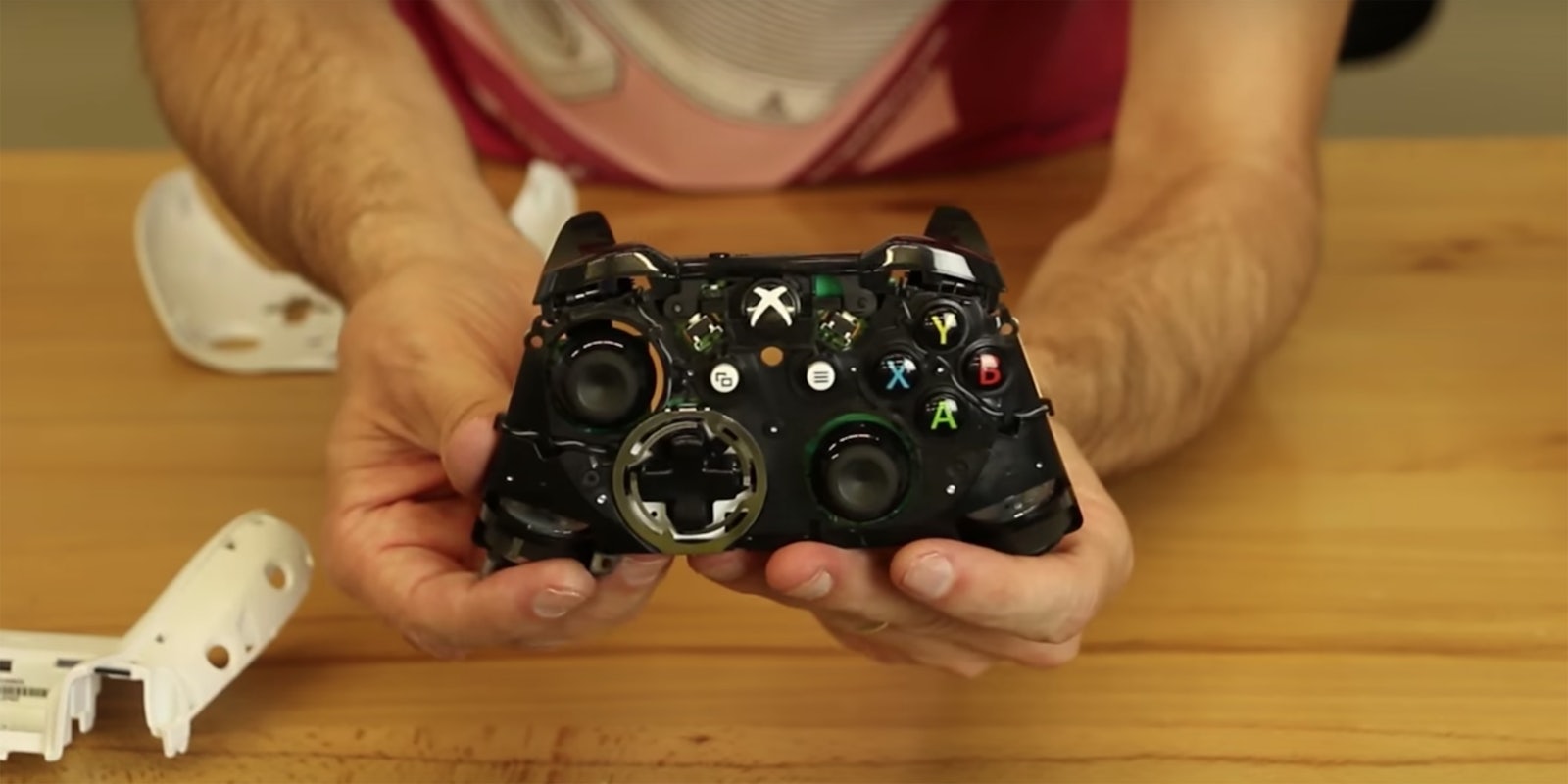The Federal Trade Commission announced on Tuesday that it’s buckling down on companies that are in violation of a 1975 law on manufacturer warranties, Ars Technica reports.
The FTC sent warning letters to six undisclosed companies telling them to get rid of warranty-voiding policies. Car manufacturers and electronics companies often tell customers their warranty will be voided if the buyer breaks a warranty seal or uses “unauthorized repair services or unauthorized third-party parts,” but the commission said these policies are unfair to consumers and illegal.
The FTC now giving companies 30 days to remove warranty seals and statements from their websites and other promotional materials threatening to void warranties.
These warranty policies violate federal warranty law, because warranties monopolize products that a consumer is allowed to buy and use with the original product. For instance, the South Korean automotive manufacturer Hyundai has a warranty states that “the use of Hyundai Genuine Parts is required to keep your Hyundai manufacturer’s warranties and any extended warranties intact,” Ars Technica reports.
Sony’s policy on electronics including PlayStation 4 systems states that the warranty “does not apply” if the warranty seal on the system is “altered, defaced, and removed.” Past warranty agreements on certain electronics for Apple and Sony have made breaking the seal on devices forbidden for consumers.
It’s not wrong for companies to want their products to work for users in the best way possible, but they can’t use warranties to prevent consumers from having choices when it comes to accessories or repairs. Consumers want the “right to repair” the products they own.
According to Thomas Pahl, acting director of the FTC’s Bureau of Consumer Protection, it’s smaller companies that suffer the most from warranties. Pahl said on Tuesday that tying warranty coverage “to the use of particular products or services” is harmful for smaller businesses trying to stay in competition in a massive market of products and services. And consumers suffer financially from warranty fine print, Pahl said.
“It’s not clear yet” whether companies will try to fight the ruling in court, but FTC’s position is that the “right to repair” is already upheld—the warranties are already illegal. This law has been around for over four decades, but this is the first time the commission “has specifically called out makers of cell phones and gaming consoles,” UPROXX said.
In other words, let us fix our own controllers and phones in peace.
H/T Ars Technica


